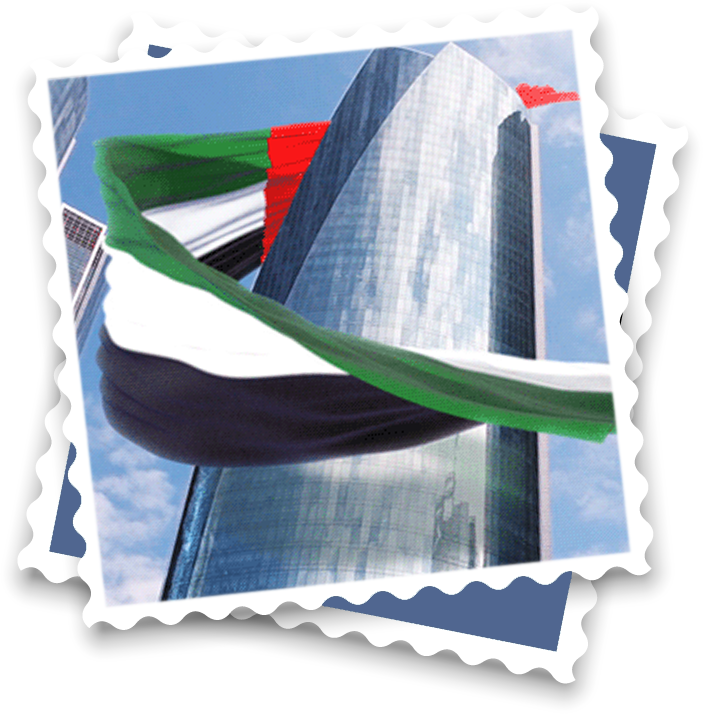

The past few years have seen disruptive innovation in financial technology and the financial services sector is changing access to finance in more ways than one. Crowdfunding, as the name suggests, involves sourcing finance from the 'crowd', or a large pool of individual investors (mostly retail), as opposed to obtaining finance from a bank or other financial institutions.
At the core of crowdfunding, business is a platform, based on innovative technology, that can be a combination of a website and an app. This platform offers an online marketplace for seekers of finance, and sources of finance (the crowd). Consequently, the DIFC licenses three main types of regulated crowdfunding businesses.
Investment-based crowdfunding - where businesses offer equity in return for finance; Loan-based crowdfunding - where issuers offer interest on monies borrowed under a loan agreement with lenders on the platform; and Property-based crowdfunding - where the platform lists properties in which investors can take fractional ownership.
The DFSA currently does not regulate charity-based crowdfunding platforms, and hence there is no such license available at the DIFC.


Firms interested in carrying out crowdfunding activities from the DIFC are required to submit applications to the Dubai Financial Services Authority, or DFSA.
The DFSA, for the purposes of authorization and supervision, categorizes the crowdfunding business as a Category 4 entity, with the primary activity of "Operating a Crowdfunding Platform". The base capital required for a DIFC Crowdfunding license is US$ 140,000.
The DFSA offers three types of crowdfunding licenses:
A number of existing crowdfunding platforms are domiciled in one or other of the many free zones within the UAE. However, notwithstanding any particular free zone approval or licenses, financial services and activities are not permitted within free zones and should be conducted and appropriately licensed within the UAE outside of the free zones by the Central Bank or SCA (with the exception of certain activities within the DMCC and the separately regulated DIFC). Therefore, depending on a platform's particular model, if an operator is deemed to conducting lending, securities offering, or fund formation and operation activities they run a regulatory risk were doing so in the UAE without appropriate Central Bank or SCA licenses and approval.

There are locally domiciled crowdfunding platforms operating in, or foreign domiciled platforms focused on, the UAE which is either confident that their models do not bring them within reach of the Central Bank's or SCA's regulatory remit or, alternatively, have made a risk assessment in this regard and are operating within the appropriate regulatory framework. However, while crowdfunding platforms may be seen by regulators as towards the lower end of the spectrum in terms of systemic risk, there still exist regulatory risks for the platform operators and they should be cognizant of the regulatory restrictions within which they are operating and aware of the issues noted above.